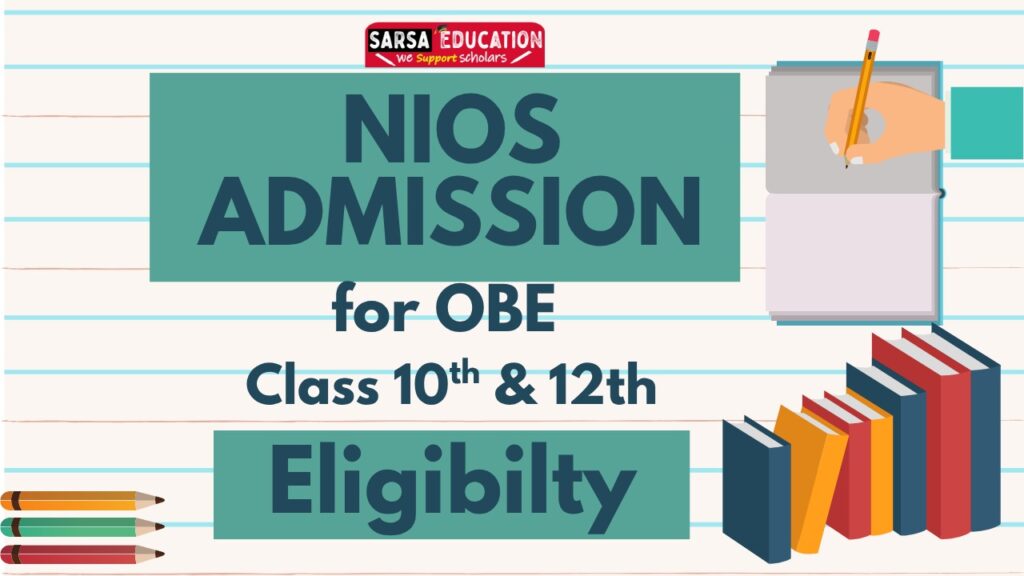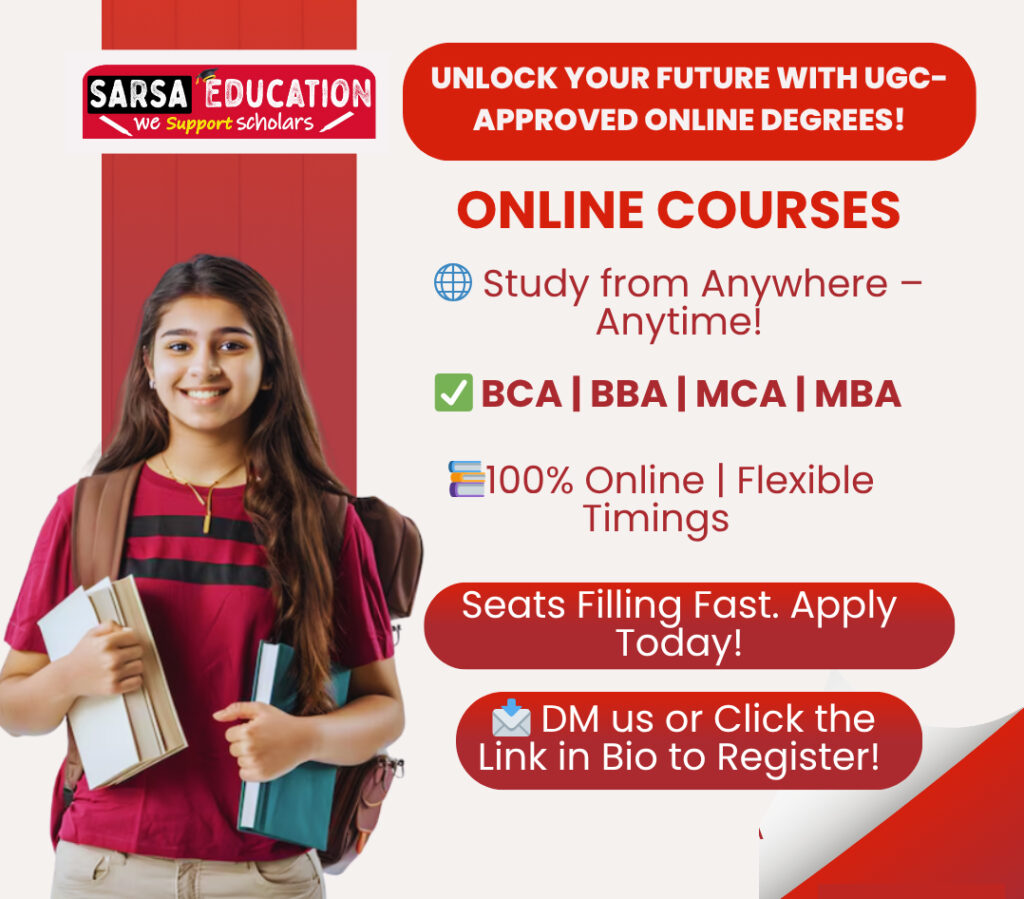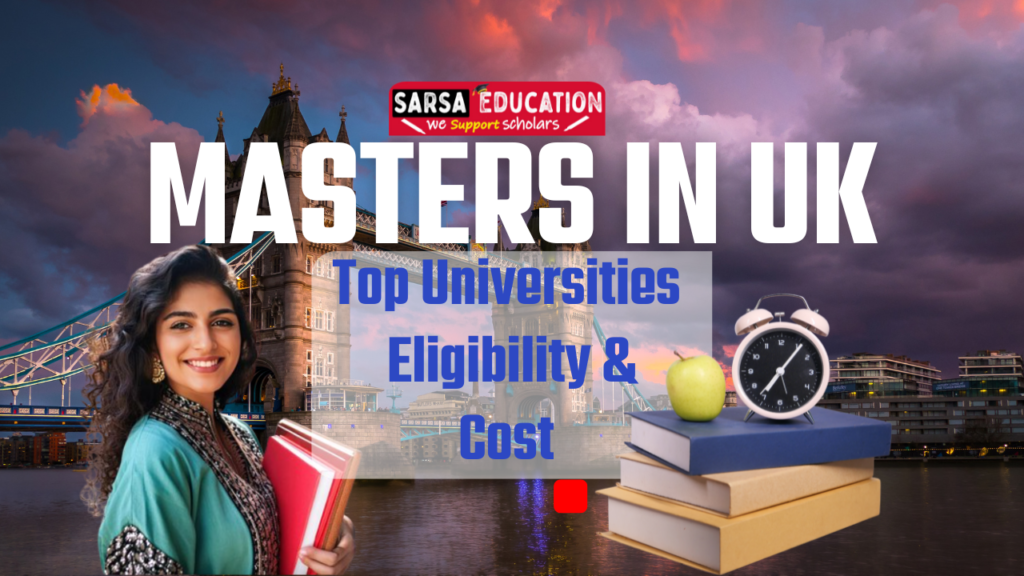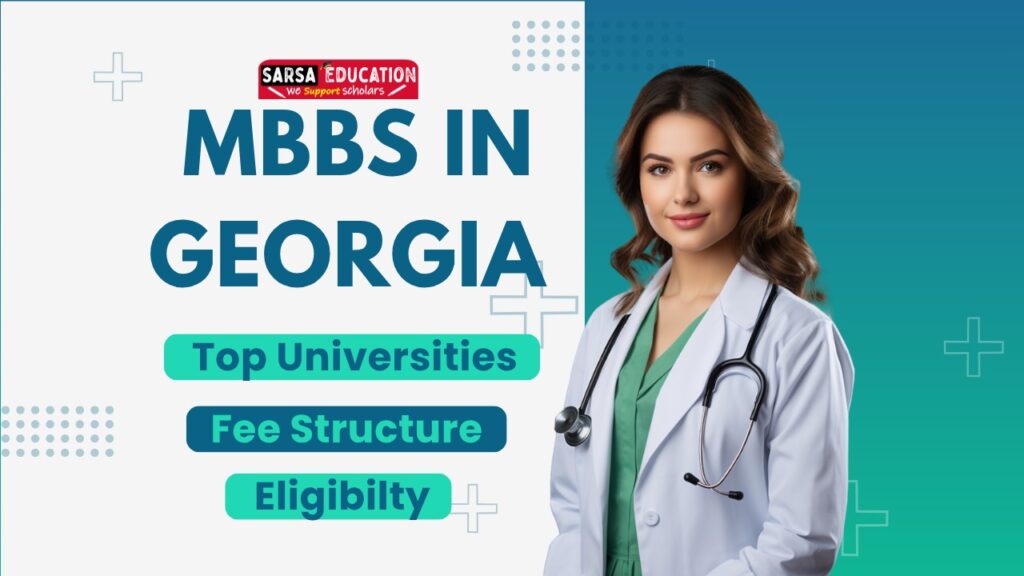Contents
- NIOS-National Institute of Open Schooling
- Eligibility in Open Basic Education (OBE)
- Important links
- Key Features in Open Basic Education (OBE)
- Benefits of Open Basic Education (OBE)
- Related Links
- Eligibility Criteria
- Secondary Course (Class 10)
- Senior Secondary Course (Class 12)
- Key Features
- Courses Offered
- Who can join the NIOS
- Benefits
- Examination
- Certification
- Frequently Asked Questions
NIOS-National Institute of Open Schooling
NIOS-National Institute of Open Schooling is an autonomous educational institution under the Government of India that provides education through an Open and Distance Learning system, offering Secondary, Senior Secondary, Vocational, and Open Basic Education courses. NIOS-National Institute of Open Schooling is a government organisation in India that offers flexible education, primarily for individuals who are unable to attend regular schools.
NIOS-National Institute of Open Schooling — including its features, benefits, courses, and more information relevant for students, parents, and educators. Open Basic Education (OBE) is an alternative and flexible educational system for children, adolescents, and adults who are unable to attend regular schools.It provides learners with a basic education equivalent to that of Classes 1 to 8 in the formal school system. The Government of India recognizes certificates from NIOS OBE, making them useful for further studies.
Eligibility in Open Basic Education (OBE)
The program has three levels:
Level A → Equivalent to Class 1–3
Level B → Equivalent to Class 4–5
Level C → Equivalent to Class 6–8
Level A (Class 3 equivalent)
- Age: 7 years or above
- Eligibility: Anyone who has completed around 3 years of schooling or is self-taught can join.
Level B (Class 5 equivalent)
- Age: 9 years or above
- Eligibility: Should have completed Level A / Class 3 or equivalent schooling.
Level C (Class 8 equivalent)
- Age: 12 years or above
- Eligibility: Should have completed Level B / Class 5 or equivalent schooling.
Subjects in OBE
- OBE can be applied to all types of subjects, like:
- Academic (Math, Science, History, Languages)
- Vocational (Computer Applications, Mechanical Work, Beauty Culture)
- Creative (Art, Music, Literature)
- The key is to design clear learning outcomes for each subject.
Learning Approach in OBE
- Rather than just focusing on completing the syllabus, OBE focuses on what students can do after they have acquired the knowledge. “Students will be able to explain important causes of the French Revolution.”
Practical and Skill-Based Learning
- Strong focus on hands-on activities, projects, experiments, and real-world applications. for example:
- In Science → Perform experiments and explain results
- In Computer → Write programs and solve real problems
Continuous Learning & Assessment
- Learning happens step by step to achieve measurable outcomes.
- Students are assessed regularly through:
Quizzes
Assignments
Projects
Practical Work
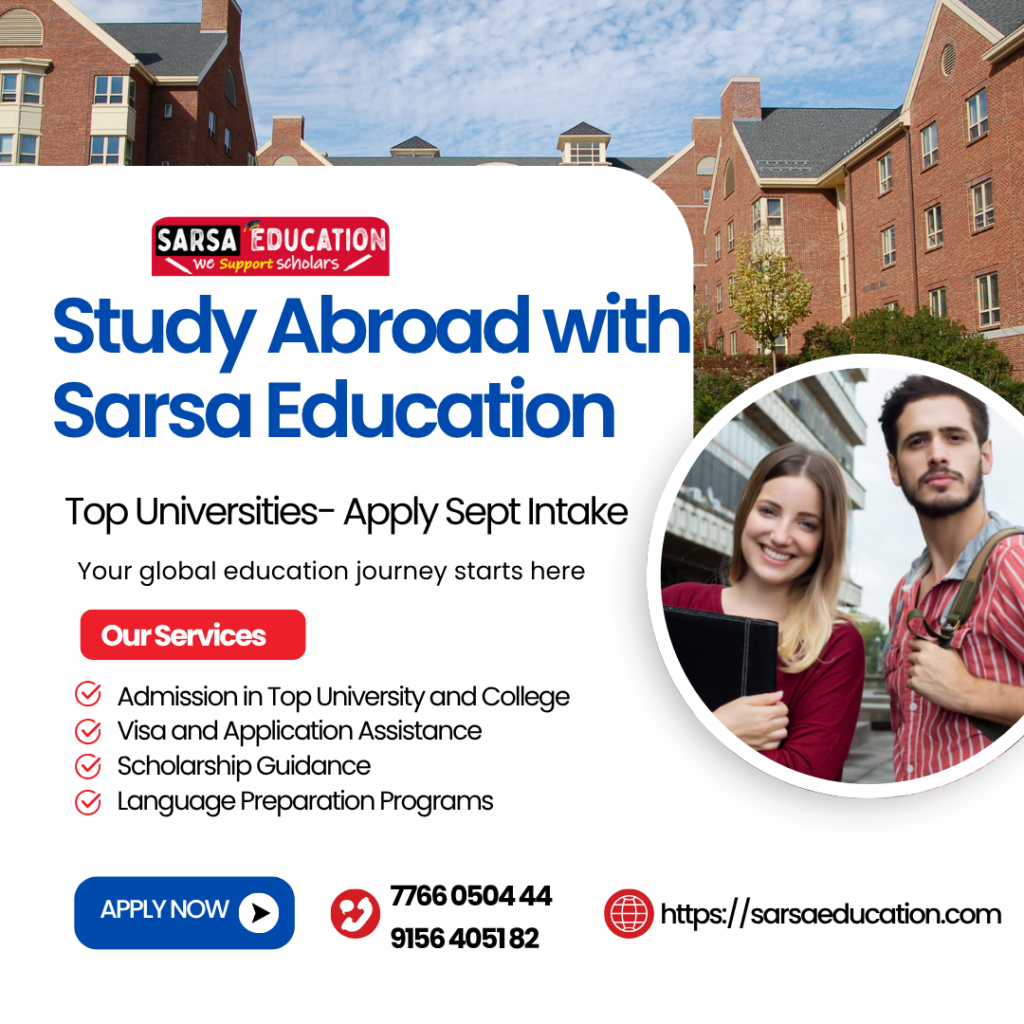
Interdisciplinary Learning
- Encourages combining subjects for real-life problem-solving.
Example - Science + Math → Calculate and analyse experimental data
- History + Geography → Study historical events and map locations
Important links
- Masters in UK Fully Funded
- Benefits of Online MBA
- MBBS Abroad with Scholarships
- Study in Germany for free for Indian Students
Key Features in Open Basic Education (OBE)
1. Outcome-Focused
- Clear and specific learning outcomes are defined at the beginning of the course.
- Students must achieve these outcomes by the end of the course.
2. Measurable and Clear Outcomes
- Learning goals are clear, specific, and easy to measure.
- Example: “Students will be able to solve quadratic equations” instead of “Understand mathematics.”
3. Improved Quality of Education
- Ensures all students achieve a minimum level of competency
- Reduces rote learning and promotes understanding
4. Accountability
- Teachers and institutions are responsible for helping students reach the outcomes.
- Transparent evaluation system.
5. Transparency
- Easy to measure learning results
- Students and teachers know the exact objectives
Benefits of Open Basic Education (OBE)
1. Student-Centered Learning
- Focus is on the student’s understanding and skill development, not just completing the syllabus.
2. Flexibility in Learning
- Students can learn at their own speed.
- No fixed time limit to pass the course, as long as the outcomes are achieved.
3. Continuous Assessment
- Frequent assessments to check whether the student is meeting learning outcomes.
- Includes assignments, projects, presentations, and exams.
- Regular evaluation of student progress helps track learning
- Based on practical knowledge, not just theory exams.
4. Skill Development
- Focus on applying knowledge in real-life situations.
- Hands-on activities and real-world problem solving.
- Focuses on real-world skills
- Makes students ready for jobs or higher education
5. Relevant to Industry Needs
- Curriculum designed to match job market demands.
- Students learn skills that are useful in employment.
Related Links
- Top Scholarships for the 12th class.
- Top Scholarships for B.Com students.
- Top Scholarships for Engineering Students.
- Top Scholarships for B.Sc students.
Class 10th & 12th –NIOS-National Institute of Open Schooling
NIOS is an autonomous institution under the Ministry of Education, Government of India, established in 1989. It offers open and distance learning (ODL) for school-level education from Secondary (Class 10) to Senior Secondary (Class 12) and also offers vocational and life enrichment programs.
Eligibility Criteria
NIOS-National Institute of Open Schooling
Especially the NIOS-National Institute of Open Schooling
- Students who are unable to attend regular school
- Working professionals
- Sportspersons or performers
- School dropouts
- Learners with special needs
- Cost-effective education
- Ideal for working professionals or special needs students
- Recognition for continuing education
- Bridge to higher studies in universities or technical institutes
Secondary Course (Class 10)
NIOS-National Institute of Open Schooling
- Minimum Age: 14 years as on 31st July of the year of admission.
- Educational Qualification: Candidates must have:
- Passed Class VIII from a recognized board, or
- A self-certification stating, “I have studied enough to be able to pursue the Secondary course.”
Admission Process:
- Online Registration: Candidates can register online through the National Institute of Open Schooling (NIOS) website or visit a nearby Study Centre for assistance.
- Admission Validity: Once registered, the admission is valid for five years. National Institute of Open Schooling (NIOS).
Senior Secondary Course (Class 12)
NIOS-National Institute of Open Schooling
- Minimum Age: 15 years as on 31st July of the year of admission.
- Educational Qualification: Candidates must have:
- Passed Class X from a recognised board, or
- A self-certification stating, “I have studied enough to be able to pursue the Senior Secondary course.
- Admission Process:
- Online Registration: Candidates can register online through the National Institute of Open Schooling (NIOS) website or visit a nearby Study Centre for assistance.
- Admission Validity: Once registered, the admission is valid for five years. NIOS-National Institute of Open Schooling
Additional Information:
NIOS-National Institute of Open Schooling
- Recognition: NIOS-National Institute of Open Schooling certificates are recognized by the Government of India and are equivalent to those issued by other recognized boards.
- Admission Streams: Recognition NIOS-National Institute of Open Schooling certificates are recognised by the Government of India and are equivalent to those issued by other recognised boards.
- offers various admission streams to cater to different learner needs.
- On-Demand Examination System (ODES): Allows learners to take exams at their convenience, subject to availability.
Key Features
NIOS-National Institute of Open Schooling
1. Secondary Course (Class 10 Equivalent)
- Equivalent to 10th standard.
- Subjects: Languages, Science, Social Science, Mathematics, etc.
- Recognized by government and private institutions.
2. Senior Secondary Course (Class 12 Equivalent)
- Equivalent to 12th standard.
- Subjects: Science, Commerce, Arts stream.
- Useful for higher education or job opportunities.
3. Vocational Education Courses
- Skill-based practical courses
- Examples: Computer Applications, Beauty and wellness, Data Entry, etc.
- Helps in improving employability.
4. Life Enrichment Program
- Non-formal courses to develop life skills.
- Focuses on personal development and social awareness.
5. Adult Education Program
- Helps adults who
- missed formal schooling
- Focus on basic literacy and continuing education
6. On-Demand Examinations
- Flexible exam schedule
- Students can appear for exams as per their readiness
7. Accredited by the Government
- Certificates from the National Institute of Open Schooling (NIOS) are valid for jobs, higher studies, and government services.
Courses Offered
NIOS-National Institute of Open Schooling
1. For Secondary Course (Class 10 Equivalent)
NIOS-National Institute of Open Schooling
- Age: No age limit (anyone can apply)
- Qualification:
- Students who did not pass Class 10 from a regular school
- School dropouts
- Working individuals
- Adults who want to complete Secondary education
- No minimum qualification required
2. For Senior Secondary Course (Class 12 Equivalent)
NIOS-National Institute of Open Schooling
- Age: No age limit (anyone can apply)
- Qualification:
- Must have passed the Secondary Course (Class 10) from the National Institute of Open Schooling (NIOS) or any recognized board.
- School dropouts who have completed Class 10.
3. For Vocational Courses
NIOS-National Institute of Open Schooling
- Age: No age limit
- Qualification:
- Either Class 10 or Class 12 passed from a recognised board
- Open for anyone interested in skill development
4. For Life Enrichment Programs and Adult Education:
- Age: No age limit.
- Qualification: No prior qualification needed.
Who can join the NIOS
NIOS-National Institute of Open Schooling
1. School Dropouts
- Students who left school before completing Class 10 or Class 12.
- Can be re-joined through NIOS to complete education.
2. Working Individuals
- People who are working and cannot attend regular school.
- Can study at their own time without disturbing their job.
3. Adults
- No age limit.
- Adults who want to complete Secondary (Class 10) or Senior Secondary (Class 12)
4. Students with Disabilities
- Persons with special needs can join
- Flexible learning environment to help them complete studies
5. Rural and Remote Area Students
- Students living in areas without proper schools
- Can study and appear for exams through the National Institute of Open Schooling (NIOS).
6. People Wanting Vocational Training
- Those interested in skill development and vocational courses
- Can join to improve practical skills for employment
7. Study Material & Support
- Provides self-learning material (SLM) in simple language.
- Learning is supported through:
- Printed books
- Audio/Video lessons
- Online classes
- Study Centers across India
Benefits
NIOS-National Institute of Open Schooling
1. No Age Limits
- Anyone of any age can join
- Ideal for adults, working people, and dropouts
2. Flexible Study Time
- Study at your own pace
- No strict attendance or school timings
- Study from home without pressure
3. Low-Cost Education
- Very affordable compared to regular schools.
- Minimum fees for admission and exams.
4. Vocational Skill Development
- Learn practical skills to increase employability
- Courses like Computer Applications, Beauty and Wellness, Data Entry, etc.
- NIOS also offers vocational and skill-based courses, in addition to academic subjects, which help students gain technical knowledge useful for employment.
5. On-Demand Examinations
- Students can choose when to take exams.
- Can reappear to improve marks.
6. Inclusive Education
- Helps differently abled people.
- Provides equal opportunity for education.
7. Recognized Certificates
- Secondary and Senior Secondary certificates are valid for:
- Government jobs
- Private jobs
- Further studies in colleges and universities.
8. Jobs Offered
- After passing the NIOS-National Institute of Open Schooling Senior Secondary Exam, students become eligible for admission to various higher education courses like
- Engineering (Diploma/B.Tech)
- Polytechnic Courses
- Medical, Nursing, Teacher Training (D.Ed./B.Ed.)
- Graduation Courses (BA, B.Com, B.Sc, etc.)
Many universities accept NIOS certification as equivalent to CBSE or State Board Certification.
9. Job Opportunities
Many government and private sector jobs accept the NIOS-National Institute of Open Schooling Senior Secondary Certificate as a minimum qualification. Some of the job posts include:
- Clerk
- Data Entry Operator
- Receptionist
- Sales Executive
- Assistant in various departments
- Bank Clerk (in some cases)
- Railway Group C Posts (where 12th pass is required).
Examination
NIOS-National Institute of Open Schooling
1. Exam System
- NIOS conducts public examinations for:
- Secondary Course (Class 10 Equivalent)
- Senior Secondary Course (Class 12 Equivalent)
2. Exams Twice a Year
- Two Exam Sessions Every Year:
- April – May
- October – November
3. On-Demand Examination System
- Flexible exam schedule (for certain subjects)..
- Students can appear for exams when they are ready.
- Ideal for self-paced learners.
4. Subjects Offered
- Languages (English, Hindi, etc.)
- Science
- Social Science
- Mathematics
- Vocational subjects (like Computer Applications, Beauty Culture, etc.)
5. Reappear Facility
- If a student fails or wants to improve their marks, they can reappear in the next exam session.
- No restriction on the number of attempts.
6. Exam Result
- Official certificates are issued after passing exams.
- Universities, colleges, and the government recognize certificates for further study or job opportunities.
Certification
- CBSE, ICSE, State Boards.
- After passing exams, students get an Open Basic Education (OBE) Certificate at Level A, B, or C.
- The Open Basic Education (OBE) Level C certificate is equivalent to Class 8 in regular schooling.
- Learners can then move on to the NIOS-National Institute of Open Schooling Secondary Class 10 or Senior Secondary Class 12 vocational courses.
- Colleges & Universities in India and Abroad.
- Competitive exams like NEET, UPSC, JEE, etc.
- Government and Private sector jobs.
Frequently Asked Questions
1. What is NIOS?
NIOS-National Institute of Open Schooling is an autonomous organization under the Ministry of Education, Government of India, providing flexible education for students who cannot attend regular schools.
2. Who can enroll in NIOS?
Students who are unable to study in regular schools, dropouts, working students, or those needing flexible learning can enroll.
3. What courses are offered by NIOS?
NIOS-National Institute of Open Schooling offers Secondary (Class 10) and Senior Secondary (Class 12) courses, Vocational Education Courses, and Life Enrichment Programs.
4. What is the eligibility for admission in Secondary (Class 10)?
There is no formal eligibility. Generally, students aged 14 and above can enroll in Class 10.
5. What is the eligibility for admission in Senior Secondary (Class 12)?
Answer: Students must have passed Class 10 or equivalent.
6. How can I apply for NIOS admission?
Answer: Admission can be completed online through the NIOS official website or offline by submitting forms at NIOS study centers.
7. What is the duration of NIOS courses?
Students can complete the course in 1–5 years, depending on their pace of study.
8. Can I transfer from a regular school to NIOS?
Yes, students can transfer from formal schools to NIOS at the secondary or senior secondary level.
9. What is the medium of instruction in NIOS?
NIOS provides courses in multiple languages including English, Hindi, and regional languages.
10. Are NIOS certificates recognized?
Yes, NIOS certificates are recognized by CBSE, NCERT, and most Indian universities.
11. How often are exams conducted by NIOS?
Exams are conducted twice a year, in April–May and October–November.
12. Can I appear for exams in a single subject?
Yes, NIOS allows subject-wise examination, so students can complete courses in parts.
13. What is the passing criteria for NIOS exams?
Students must score 33% in each subject to pass the exam.
14. How can I get study material for NIOS?
NIOS provides free study materials (books, CDs, online resources) via its website or study centres.
15. Can working professionals enroll in NIOS?
Yes, NIOS is ideal for working students as it offers flexible learning schedules.
16. How can I check my results?
Results are published online on the NIOS official website. Students need their Enrolment Number to check results.
17. Can I improve my marks after failing a subject?
Yes, students can reappear in failed subjects in the next examination.
18. Is there any age limit for admission?
There is no strict age limit; however, NIOS mainly caters to students aged 14 years and above for Class 10.
19. What is an NIOS study centre?
A study centre is a local centre affiliated with NIOS, providing admission help, study material, counselling, and exam registration.
20. How can I contact NIOS for queries?
NIOS can be contacted via their official website, helpline numbers, or regional centers for guidance.
How to Apply NIOS-National Institute of Open Schooling
- Step 1: Contact Sarsa Education –email: sarsaeducation@gmail.com
- Step 2: Visit the Official NIOS Website
- Step 3: Registration (Online Admission Process)
For National/International Scholarship updates kindly join our WhatsApp channel
Follow the Sarsa Education channel on WhatsApp: https://whatsapp.com/channel/0029VaL9SgRAjPXJthnK9D0E
In case of any queries, please reach out to:
Email: admission.sarsa@gmail.com

